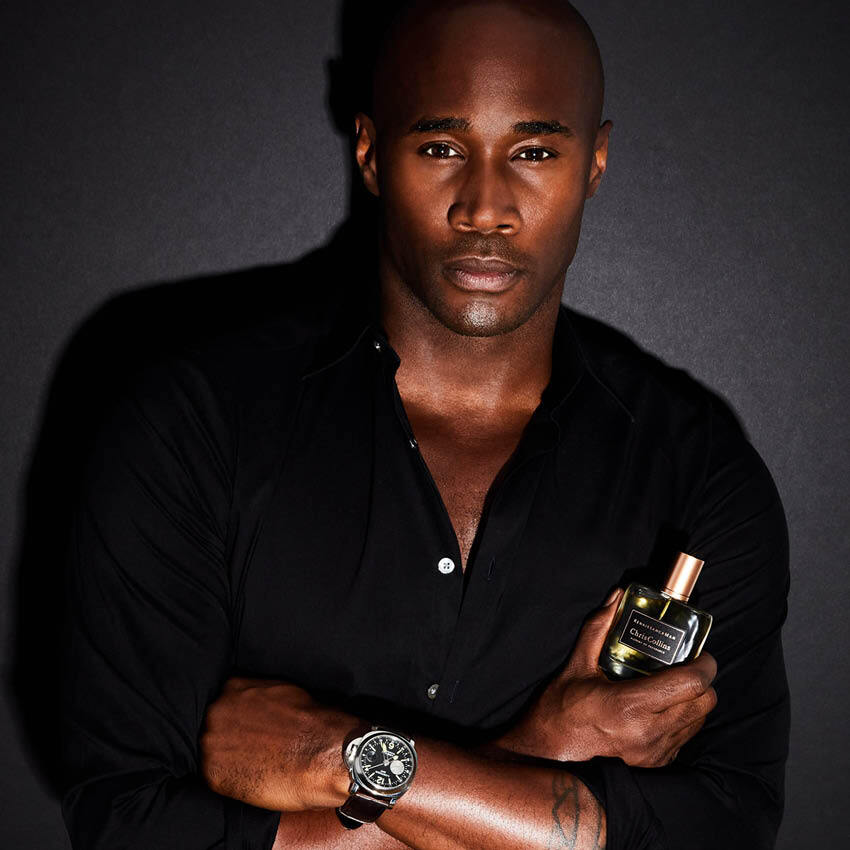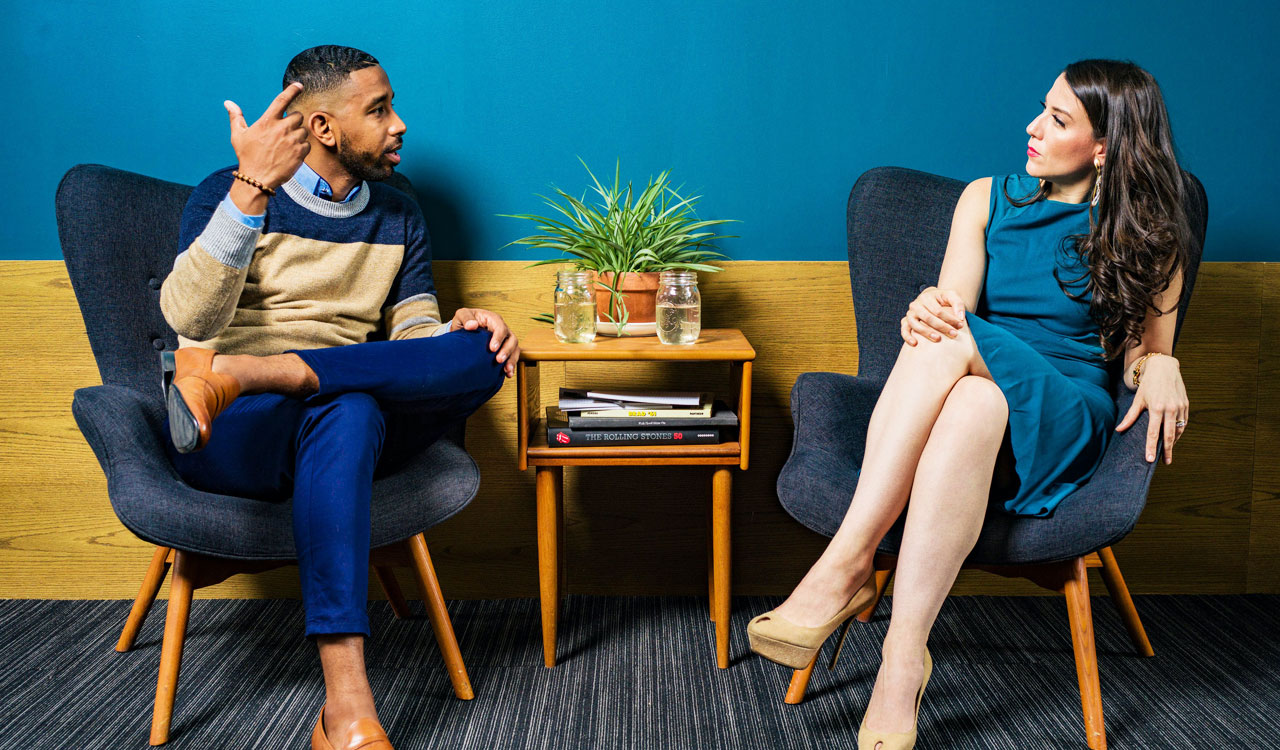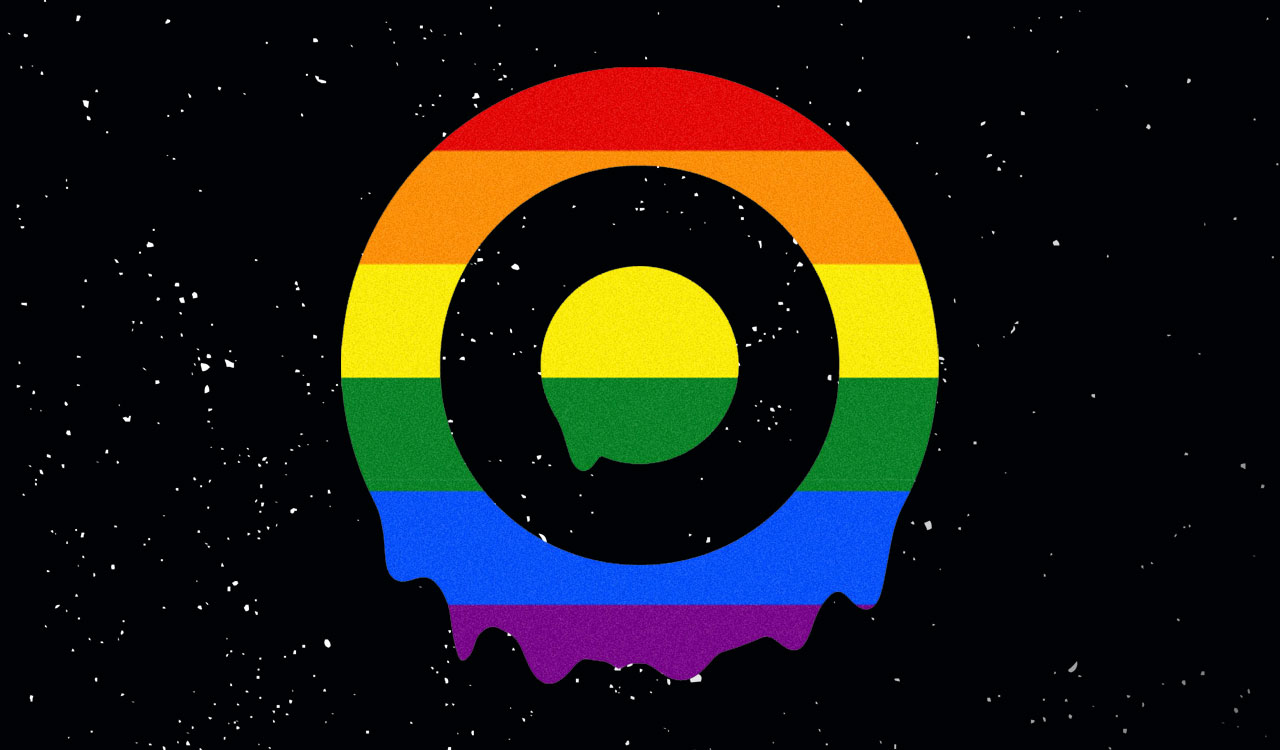It isn’t just the deep-thinking, hyper-articulate panel participants that have made the Fragrance Foundation’s recent webinar stick out in my mind for a solid six weeks after the fact. Rather, it’s the idea that the beauty industry’s least dynamic, most tradition-rooted category – perfumery — just might be a real catalyst for social and ideological change.
A European White Male Bastion
The free October event, dubbed “Industry Perspectives on Diversity, Equity & Inclusion,” attracted more than 1,000 virtual attendees and was positioned as the official launch of an industry-wide DEI initiative: #FragranceForwardTFF
Moderated by Helen Shelton, global chief diversity officer and luxury brand marketing communications expert at Finn Partners, the panel included Chris Collins, founder of World of Chris Collins, a range of luxury fragrances sold at Bergdorf Goodman, Neiman Marcus and other elite retailers, as well as on his own site; Linda Song, senior perfumer for fragrance powerhouse Givaudan North America; Rob Smith, founder of the Phluid Project, an organization driving awareness and availability of gender-free apparel, accessories and beauty; and Corey Smith, head of North America DEI for LVMH.
The #FragranceForwardTFF initiative asks participants, from every sector of the industry, to commit to a handful of goals outlined below, all of which are designed to help marginalized groups feel like they can build a successful, rewarding career in this sector of the beauty business. But before diving into the specifics of the pledge, let’s address all the DEI elephants in that Zoom room.
At the outset, Shelton didn’t shy away from acknowledging a truism around classic perfumery: historically – and still to this day – it’s been dominated by white, European males. At brand after brand, fragrance-maker after fragrance-maker, the upper echelons are filled with people of alarmingly similar profiles.
Because each of the panelists was so on-point and intriguing, I thought I’d organize the rest of this post by sharing synopses of each of their career stories, as well as their key webinar takeaways that we can all benefit from.
Chris Collins, Luxury Perfumery Pioneer
- His Story: Gifted with a “life-long obsession” with fragrance, Collins was lucky enough to be mentored by legendary perfumer Kilian, with whom he worked on a few projects. Determined to learn the art, craft and history of fragrance making from the ground up, he then studied in Grasse before launching his own eponymous range of scents in 2018. His is the first Black-owned fragrance brand in virtually every retailer he has aligned with, a fact that makes him simultaneously proud and frustrated.
- His Key Takeaways: Of all the panelists, Collins was perhaps the most brutally honest about the performative allyship he’s seen spring up among retailers after the Black Lives Matter protests. “I want you to take my brand because it’s worthy of being in your store. Don’t take my brand only because I’m Black. I don’t want to be part of the ‘pledge.’ I want to be there because I belong.” He explained that once he’s picked up by a retailer, he and needs ongoing support, whether through marketing or special events which he’s more than happy to host.
Linda Song, Double-Minority Whistle-Blower
- Her Story: One would be hard-pressed to find a more eloquent speaker on the topic of fragrance and her “love affair” with the raw materials she uses to create them. When applying to Givaudan’s perfumery school, Song’s application letter centered around the “duality” of her experience as a Korean in America. “I’m not just one, or either,” she said. “I’m equally both.”
- Her Key Takeaways: As the sole Asian and woman on the panel, Song didn’t mince words. She forcefully advocated a shift away from stereotyping Asians as the “model minority,” as well as acknowledging the elevated racism of the past few years. Females in fragrance deserve not only far more C-suite opportunities and pay equity, said Song, but also better support and benefits around parental leave, childcare, fertility, adoption and surrogacy.
Rob Smith, Gender-Fluidity Needle-Mover
- His Story: After several years in retail during the heyday of celebrity fragrances, Smith launched the Phluid Project in 2018 with the lofty, and laudable, goal of making gender-free apparel and accessories available worldwide. He now sells a line of scents on the Phluid site with uplifting names like Transcend, Humanity and Integrity.
- His Key Takeaways: Holding one DEI seminar at the office and calling it a day just won’t cut it. Fragrance-makers need to dig deeper to be both better educated and more diverse within their own ranks and outside it. “The models in the campaigns, to me, just reinforce social constructs around gender,” said Smith. “What does it mean to be female, to be male? The fragrance industry has a lot of work to do in terms of what is considered “beauty.”
Corey Smith, Number-Crunching “Suit” with Vision
- His Story: Prior to LVMH, Smith held DEI positions in other fields, including sports, over the course of 20 years. “I am, technically, industry-agnostic,” he said. “The DEI role is creating equity and parity for everyone, across the board, regardless of the industry.” At LVMH, that means “introducing new concepts and ideas to an industry that honestly prides itself on history, quality and craftsmanship, and the savoir faire of how we arrive at our products.”
- His Key Takeaways: Ideology shifts around DEI are great, but what’s even better is proving that inclusivity boosts profits. “Morally, we know we’re supposed to be good humans,” said Smith “But in business, CEOs wake up to make money. You have to figure out how to connect DEI to bottom-line profits. That’s accountability.”
The Full Fragrance Foundation DEI Pledge
The Fragrance Foundation is committed to making DEI a reality. While it isn’t easy to change the shared mindset of an industry, the Foundation recognizes that it’s high time we change the conversation and serve arguably the most important stakeholder of all: customers. The core tenets of #FragranceForwardTFF are values that every brand should operate with. Trade out fragrance for your own products and services, and you have a DEI playbook that will actualize social justice for both the workforce and customers.
- I commit to being fragrance forward by holding myself and my company accountable at all levels to drive diversity, equity and inclusion
- I commit to breaking barriers for people of all backgrounds in launching, growing, and sustaining careers in the fragrance industry.
- I commit to actionable steps to broadening my perspective, changing my workplace, and changing the industry.




